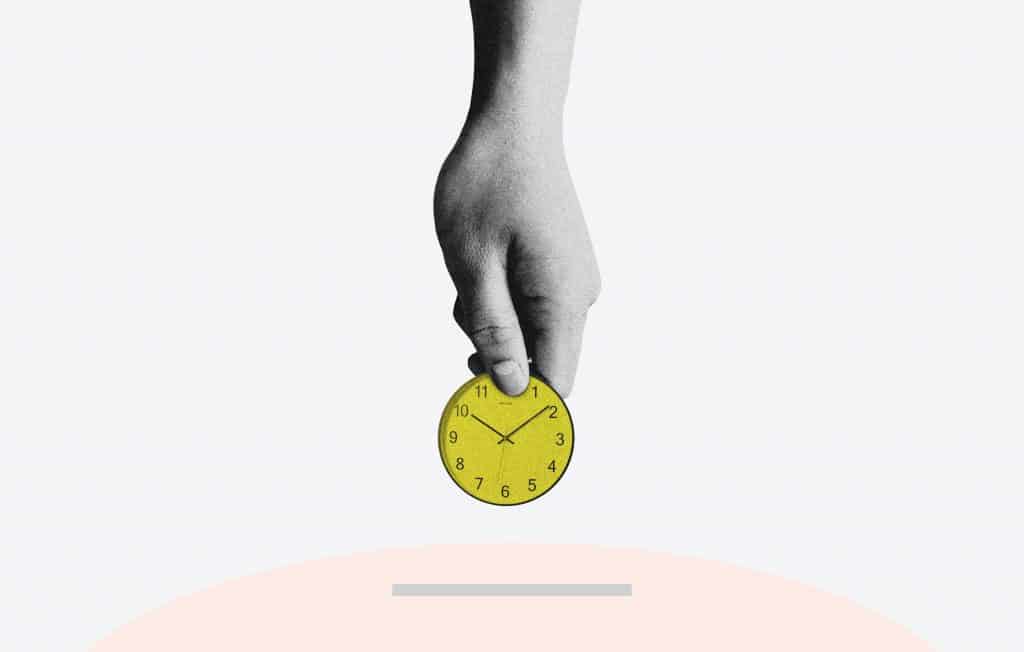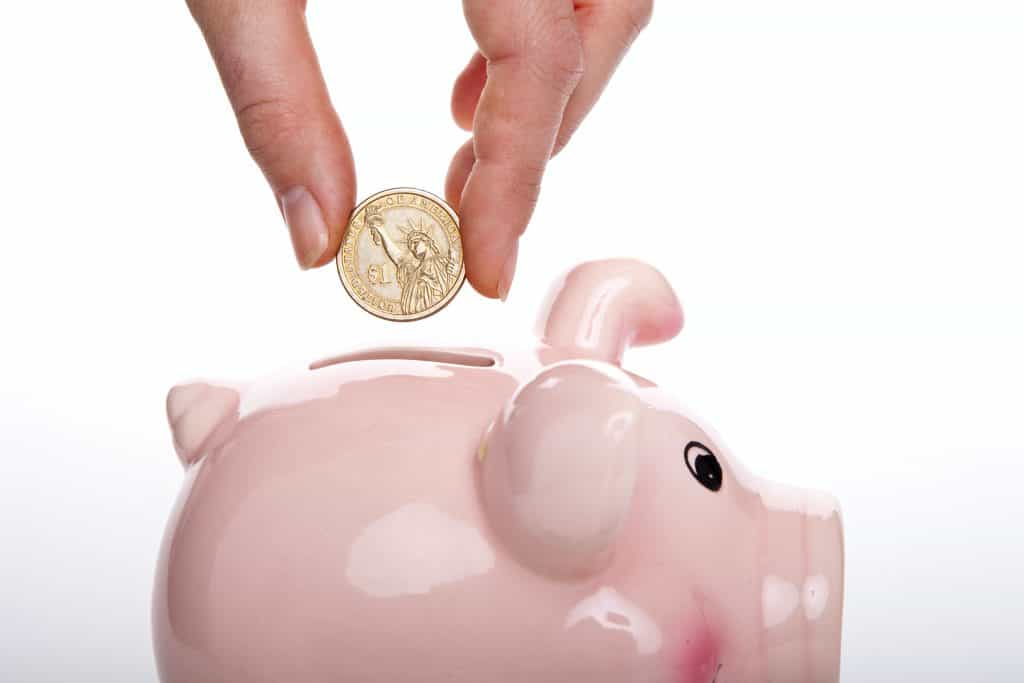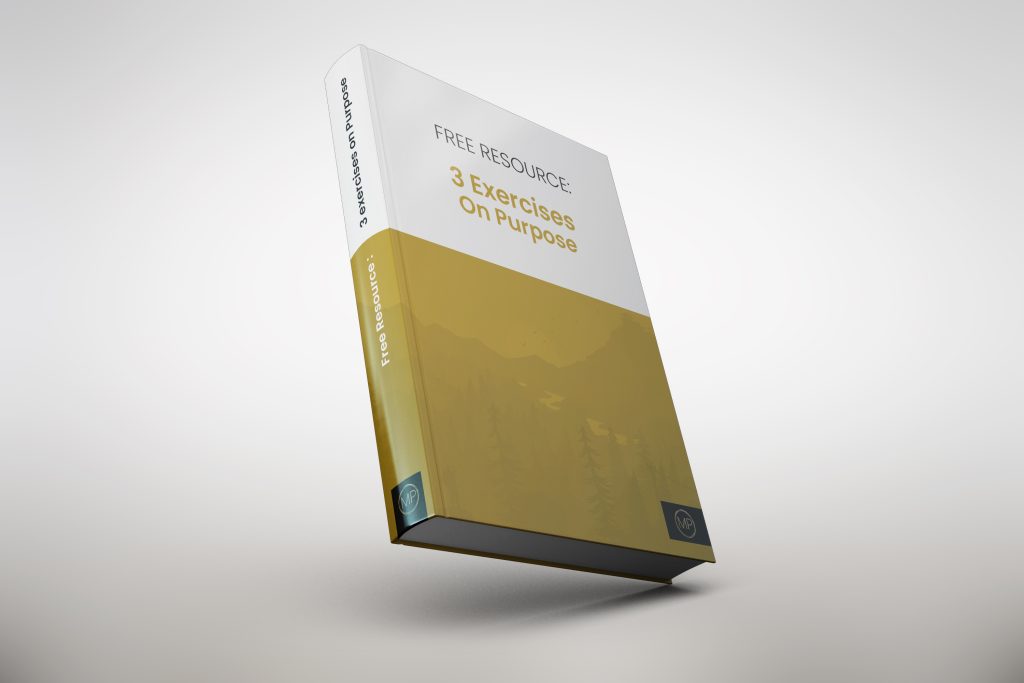Written by David Chorlton and narrated by Aria Edwards.
Money is not bad nor is money good; like water flowing in a river it can be directed for growth and beauty or create degradation. Our relationship with money will determine whether money is our fuel for our wellness or if money is a destructive force in our lives. Financial intelligence is our ability to understand what money is and how to use money. Financial emotional intelligence is our relationship with money and how we feel and direct our lives around money. This is how to be good with money and how to save money in the correct way for our well-being and the well-being of others. We don’t learn about these things in school and this can often be the root cause for having challenges with money.
What if I’m in debt? We will discuss below how to get out of debt but first we must understand money in more depth.
I want to help you learn more about how to be good with money and how save money appropriately. I am the co-founder of two businesses and a Positive Psychology Practitioner and Emotional Intelligence Teacher. I also voluntarily work in developing communities in Pakistan, India, DR Congo and more to help with community growth and poverty alleviation. Our Wealth Coach Indre can teach you how to consistently grow your financial health. Once we tap into our financial emotional intelligence and we also focus our attention on creating kind authentic relationships with others, your ability on how to be good with money and how to save money appropriately in addition to spend that money for growth will increase tremendously.
“The price of anything is the amount of life you exchange for it.”
Henry David Thoreau
So many of us have been in bad debt at some time in our lives. Please do not fret or feel any shame if this is the case for your right now. What is important is what we choose to do today, and this will change our future outcome.
American household debt reached 14.6 Trillion US Dollars in May 2021.
People in the United Kingdom owed 1.721.3 Billion Pounds in May 2021.
Many of us have at some point in our lives had bad debt and know people who are also in bad debt. Of course this is not a good thing, however it is so very easy to fall into debt and if you or a loved on is in bad debt you are certainly not alone. If I’m in debt, how can I change my relationship with money? Can I change my thinking on how to save money?
Money is not everything
In our article money and meaning we explore how our well-being and happiness relates to our financial health. According to Sonja Lyubomirsky although money can increase an individuals happiness to a point, once our basic needs are met the positive effect of money on our levels of happiness plateaus. Money can make people happier in poorer regions of the world as their basic needs are often not met and money can help get such needs met. However, in wealthier nations money seemingly does not increase peoples happiness long term.
Sonja Lyubomirsky (2019), explains the limitation of happiness around chasing money;
“Why does hedonic adaptation occur in the context of wealth? The two biggest culprits are rising aspirations and social comparison. While people are briefly satisfied with the bigger house, the fancier car, or whatever, eventually they experience a sort of “creeping normalcy” and begin to want an even bigger or better one, especially if that’s what their neighbors have.. As a result, even as people amass more of what they want with every year, their overall happiness tends to stay the same. To paraphrase the Red Queen in Through the Looking Glass, “We’re running faster and faster, but we seem to end up in exactly the same place.”
Basic needs & meaning behind our money
If money has a short term positive effect on our happiness what should we do?
- We know that money can be a very important fuel to help us meet our basic needs. If we improve our relationship with money we can in time get out of bad debt and begin to get our basic needs met in a sustainable way.
- If we continuously grow our wealth, we can use that money for the things that matter to us; experiences, our passions, meaningful projects such as charity and businesses with strong ethics and so on.

What does an unhealthy relationship with money look like?
What does an unhealthy relationship with money look like?
- Spending more than your income – Money can be a very emotional force. We may want to buy a new pair of trainers for our child. We may get excited by a holiday with our friends. We may get tempted by exciting shiny objects which offer payment plans and so forth. Behind this level of emotion is a simple process of income versus expenditure. If we spend more money than our income allows for then naturally money problems begin to arise. This may sound easy, but many of us get lost in the above tier emotion in our day to day life and we lose sight of this formula. According to the Independent June 2021 one in five adults have less than £100 savings to fall back on. Yahoo Finance 2019 shared that 69% of Americans have less than $1000 in savings. Feeling trapped financially can cause a lot of anxiety. There is no shame in having a low income or in having little to no savings. However having little to no savings and an income that struggles to cover our outgoings is extremely risky.
- Refusing to talk about money – If we do not talk about money with our partner, and if we are secretive about money, then this can open up a path which in time leads to us losing control of our financial matters. It is understandable to feel shame when speaking about money. If we can learn to detach such an emotion around money, we can make a sensible short, medium and long term plan for our financial health.
- Feeling guilty when spending – This is in contrast to the above two points. We may constantly save and not spend money as we feel guilty about treating ourselves or we always save for that ‘rainy day.’ We can find a harmonious balance in spending, after all life is for living. We can save a sensible portion, we can invest with a thoughtful level of risk, and we can spend money to treat ourselves and our loved ones with careful planning.
What can cause an unhealthy relationship with money?
- Our culture – When we grow up our family or cultural dynamic may teach us that; ‘money is good,’ ‘money is the root of all evil,’ ‘we should not focus on money,’ and so on. At a young age this can have a tremendous impact on the way in which we view money and our relationship with money as we grow older.
- Poverty gap – When we see poverty in the world it may make us think that money is ‘bad’ due to such a gap between the highly wealthy and poor. This in turn can result in us not taking control of our finances as we can push away the idea of having a good relationship with money and this will affect of financial intelligence and our financial emotional intelligence.
- Our chapter focus – Every day of our lives is important and we can change today if we have a deep enough desire to do so. We can have key turning points and chapters in our lives. As we transition from our teenage years into young adults, if our focus is on fun, leisure or perhaps even study, it is possible that our focus on our financial intelligence is pushed to the back of the queue. As we grow into our mid-twenties and then into our early thirties, if we have focussed our attention outside of money, then several key chapters in our lives have ignored our financial intelligence. We can build a healthy relationship with money from today, but when we focus our attentions on many other things at important chapters in our lives, it may result in us becoming an adult without ever building a healthy money mindset.

Building a healthier relationship with your finances
1) Be kind to yourself:
- Suffering often comes from ruminating over the past or worrying about the future. Focus your energy on the positive and what good you can do today. Make every action about growth and progress. Individuals who get out of problems long term and individuals who are highly ‘successful’ in life have one thing in common; small daily productive habits, each and every day, week after week, and month after month. Many people who are wealthy today have been bankrupt or had financial challenges themselves. These individuals learnt from their mistakes, dusted themselves down and focussed on growth, the positive steps they can take today, one day at a time with consistency. Be compassionate to yourself, give yourself a hug, learn from your mistakes with money, and focus on nothing but growth from today. Our page overthinking quotes can help you put things into perspective and help you create a space for calm before you make decisions.
2) Budget and save:
- Dedicate a space of time to go through your outgoings and prioritise your direct debits and standing orders. From here create a secondary list of other expenses such as food, clothing and so on. Can you reduce your direct debits for example do you need the phone bill you have? Can you alter your food shopping habits? Research new ideas such as cheap healthy meals and thrifty spending. You will be amazed at how much you can save from a little bit of creativity.
3) Regularly check bank statements:
- Do you have you direct debits that you can cancel? Can you reduce your mobile phone bill? Can you cancel your movie subscription package and replace this time with reading books on finance and self-growth?
- Check your receipts and statements and take charge of your finances. If you overspend one day, then perhaps you can try a ‘no spend day,’ whereby you stay at home and read books, you make a fun recipe from your food leftovers, you go for a healthy local walk. One ‘no spend day’ per week can be a very healthy discipline to start if you need to get out of bad debt.
4) Treat yourself:
- Be social within your allowance. Go for walks and hikes with friends, invite friends to your home for a cup of tea, call friends on the phone, go to morning spin class with a loved one. By keeping active with your friends it is not only healthy for you, but you can spend quality time with them without needing to go for an expensive dinner or night out. If you see your friends regularly for healthy and often free or inexpensive activities you will not feel as pier pressured to go out for an expensive Saturday night out.
- You can still have enjoy treats in life on a budget. Replace expensive cocktails on a weekend with a mid week offer. Replace takeaways with inviting friends over and cooking them a healthy and more affordable meal. Push your boundaries and partake in as many healthy outdoor activities as possible such as Park Run. Replace alcohol in take with healthier options and so forth.
How to get out of debt?
How do we find the courage to start getting out of debt?
- Use the above advice around thrifty spending, cheap healthy meals and healthy yet affordable social engagements. Make an action plan of this and have fun with it. Create a vision board, a weekly planner and make it as colourful as possible.
- Make a list of outgoings you can reduce. Aiming to reduce your outgoings by £100/$100 per month is a great start as once you start chipping away at a nice round figure of this magnitude you will start to gather momentum. If you cannot reduce your outgoings by this figure just yet, do no despair, be compassionate towards yourself and see what number you can afford.
- Following on from this you can use that figure to increase your monthly repayments. Imagine paying off an extra £100/$100 per month off your debt.
- Do not miss payments and ensure that you pay each month. Don’t despair if you have missed past payments. As we earlier discussed, the small daily consistent habits from today are what counts.
- Confide in one loved one, ideally someone who is good with money. Work with them on your plan and confide in them as a mentor. Perhaps you can repay their kindness and time with a skill of your own? For example perhaps you are a great cook and you can make some healthy recipes for them in return for their kindness. Although your loved one will of course help you unconditionally, it may hep reduce any feelings of shame or guilt and help you take back control if you use a skill of your own in return.
- You can learn more about credit card debt and interest rates here – Experian & Money Nerd.
Concluding thoughts
We now know how to be good with money, we now know how to save money, and we now know what to do if ‘I’m in debt.’ Once we take a breath and detach our negative emotions around money and we detach any shame around our current financial predicament, we can start a new life with money and build a healthy relationship with our money. With a little bit of creativity we can significantly reduce our expenditure and also increase our health at the same time. With small daily consistency we can chip away at bad debt and grow a nice pot of money for our financial health which gives us the freedom to invest for further growth, have a pot for a ‘rainy day,’ and also treat ourselves and our loved ones sensibly. Once we understand that shiny new objects have a limited and short term capacity to make us happy, we can understand why we don’t need to shop as much and endanger our financial health for the belief that such accessories are the answer to our happiness. When we place a foundation of meaning behind our money, we then live in alignment with what is authentic for our well-being and we have a navigation tool to grow our wealth.
We have a free course called Positive Psychology of Money. This course will Help you build a healthy relationship with money, increase your financial literacy and can help you in understanding how money works. You can download our free App on Apple and Google Play, create a free account and then access this course. Learn more about our App here – Meaningful Paths Memberships – Meaningful Paths
Thanks for listening.
References
Consumer Debt Statistics & Demographics in America
Does Money Really Buy Happiness? | Psychology Today United Kingdom
How your salary and the way you spend money affect your happiness (cnbc.com)
One in five adults ‘have less than £100 in savings to fall back on’ | The Independent
Survey: 69% of Americans Have Less Than $1,000 in Savings (yahoo.com)
Statistics Archive | The Money Charity
Why Money Can’t Buy You Happiness (According to Science) — Ten Percent Happier
Image References
Feature image – photo by Visual Stories on Unsplash


